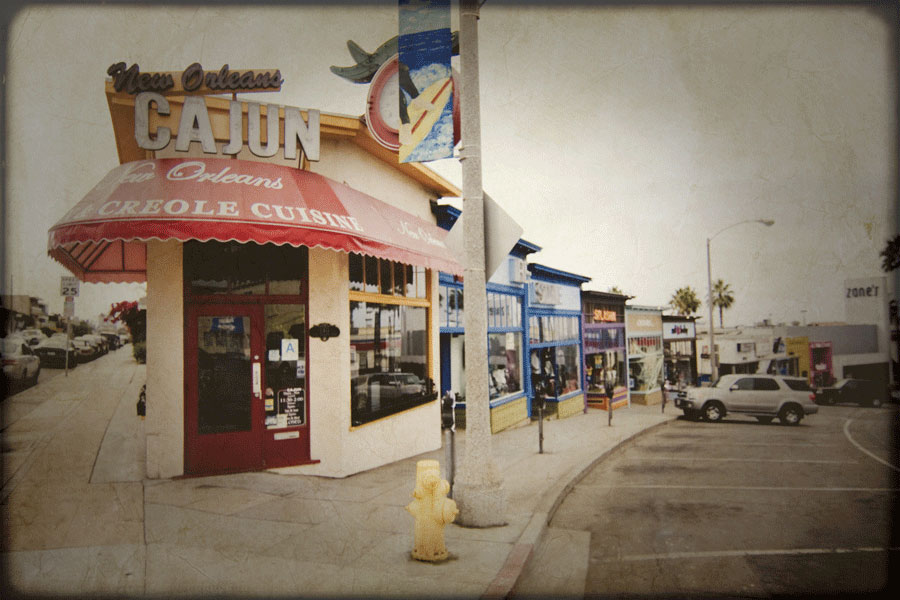Written by Michelle Hong
Cities whose homes average a million-dollar-plus price tag and more than a quarter of households with an income over $200K? Welcome to modern Orange County, and Dave Keehn’s world.
Keehn moved from San Bernandino County to become Associate Professor at Talbot Theological Seminary ten years ago. He transferred his other job, battalion chaplain at Rancho Cucamonga Fire District, to the Orange County Fire Authority. Additionally, Keehn runs the youth ministry at his church in Dana Point. In all of these roles, he constantly works to burst what he calls “the OC bubble.”
“My students don’t necessarily think of themselves as rich because they always know someone who is richer,” Keehn says. Someone else always has a newer car, a bigger house, a better ocean view. As youth pastor, Keehn saw the real problem with this mentality: the affluence prevented people from investing in one another.
“The OC is a very programmed society where parents will use church or soccer leagues to program their kids. We realized that the thing that they don’t have is significant mentors and healthy adult relationships,” says Keehn. His ministry helps students build cogent and dependable relationships with mentors, hoping to make up for the disconnect they experience with their parents. Keehn also replaced all of the group’s “fun” trips with missional experiences.
“Here, the kids live at the beach and travel all the time,” said Keehn. “I realized pretty quickly that they didn’t need me to provide them with opportunities to give them trips. By getting our students very involved in missions, we are trying to show them that their money can’t solve all these problems.” If a student is going to give the church a couple hundred dollars and a week of their time, Keen explains, he’d rather take them on a missions trip so they can be challenged to use their personal gifts and talents to continue building relationships with others.
The missions trips involve things like building relationships with inner-city churches in Hollywood of Chicago, heading to New Orleans to fix damage from Hurricane Katrina, or serving the homeless on the streets of Washington D.C.
“While these are places they would have gone to for vacation, we take them to places [in these cities] they are not going to see otherwise,” Keehn said. Instead of swimming in pools at four- or five-star hotels, the kids visit shelters and soup kitchens.
In getting the students ready for these trips, Keehn and his wife realized one of the OC’s major downfalls: the reluctance of its people to admit their need. Outside the selling of Girl Scout cookies, Keehn notes the community’s hesitancy to fundraise and accept aid.
“When we do missions trips, parents don’t want their kids to send out support letters. It’s either they pay out of their own pockets or the kids don’t go.” As a result of the recession, especially, much of the residents’ wealth got tied up in real estate or stocks — or even evaporated completely. In the worst moments of the recent economic circumstances, Keehn observes, OC residents were most unwilling to receive help. “Our church is willing to give the kids scholarships,” he explains, “but we have the parents saying that they don’t take scholarships.”
The self-sufficienct mentality extends to the county’s school district. “Back in the Inland Empire, we had good relationships with the schools because they knew they didn’t have all the resources they needed and that we were able to provide a portion,” Keehn says. “When I tried to do the same thing with schools in the OC, they just turned me down saying they had everything that they needed.”
The Keehns all work to bridge the gaps between harsh stereotypes from many angles — between Christians and non-Christians, between the “rich” and the less-so. In a society where the focus lies in what you look like and what you have, finding the balance as an employee, a pastor, and a father can be trying.
“It’s a struggle as a dad to live in the OC,” Keehn says. “One of the things we negotiated when I was hired was a salary that was going to have a lifestyle not of affluence, but one that didn’t make my kids feel like they were the poorest kid in the room.”
Few have the opportunity to live as most in the OC do, but even fewer have the opportunity to be so intentional about their income. Even so, every county could use a few people — like the Keehns — who could be so intentional whatever the income.





